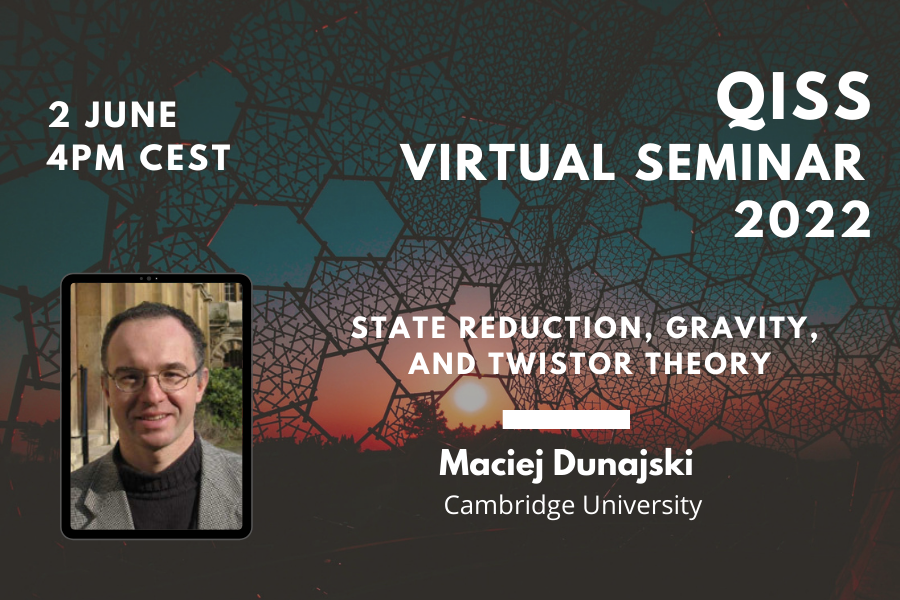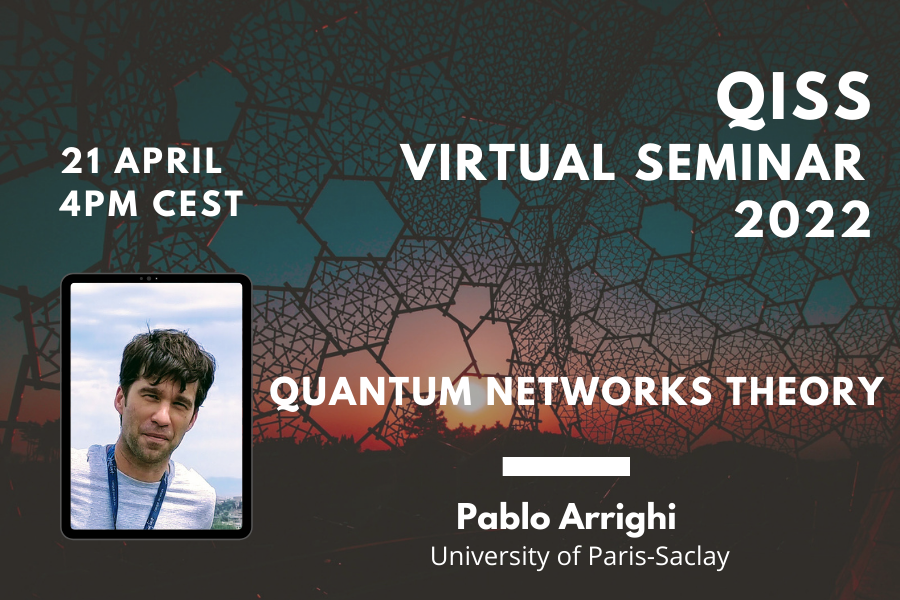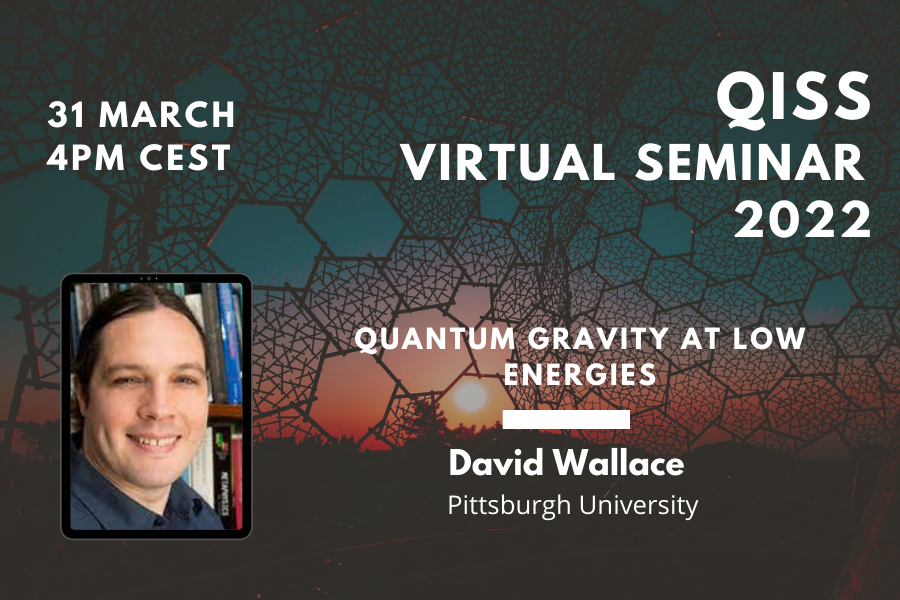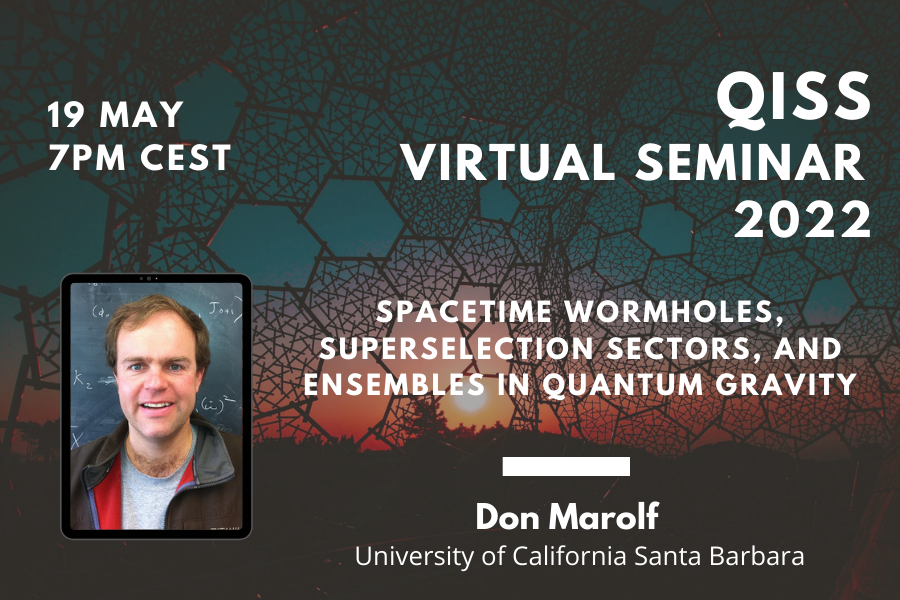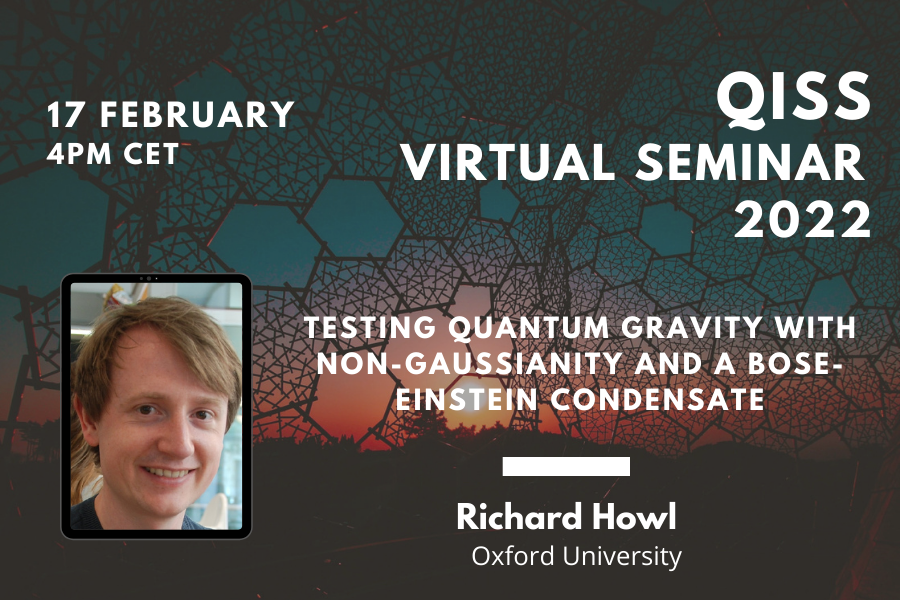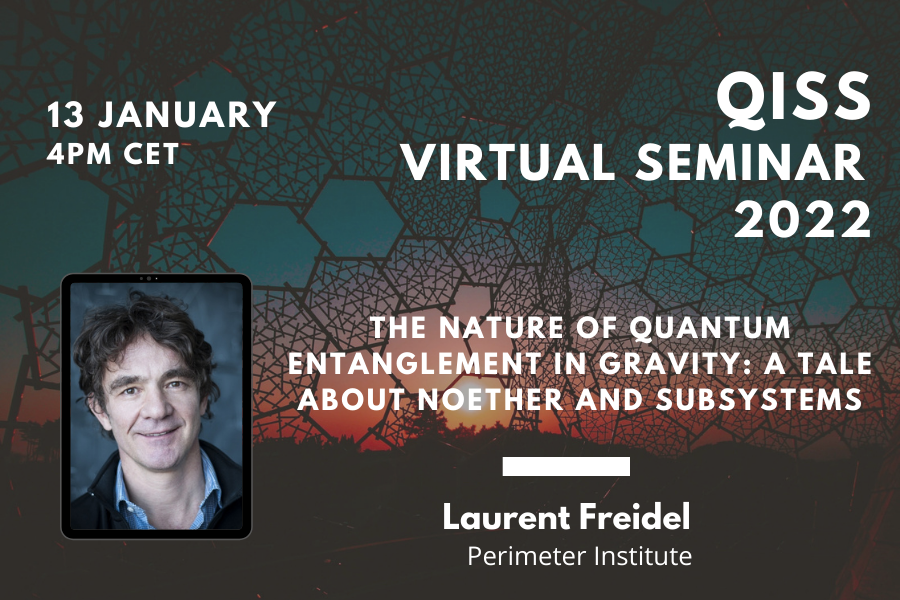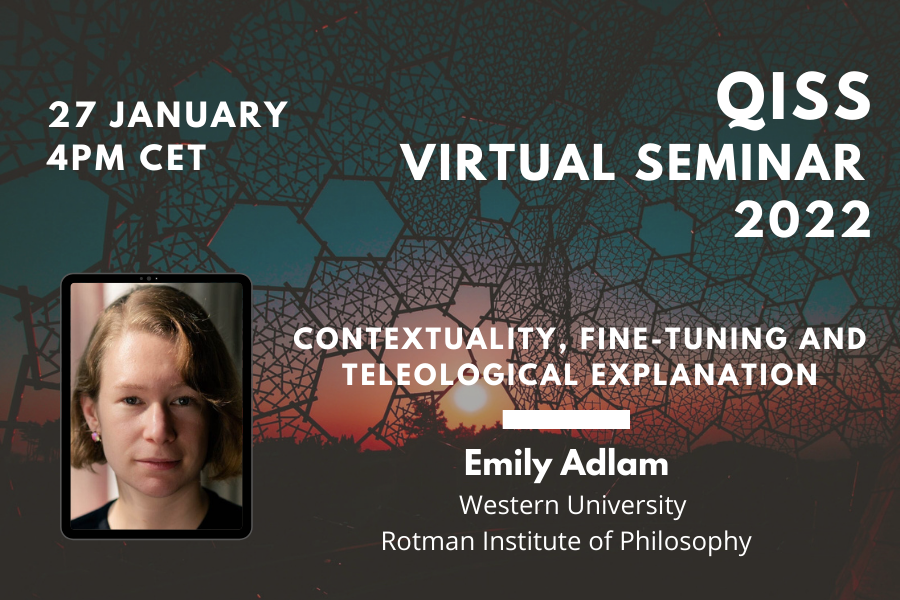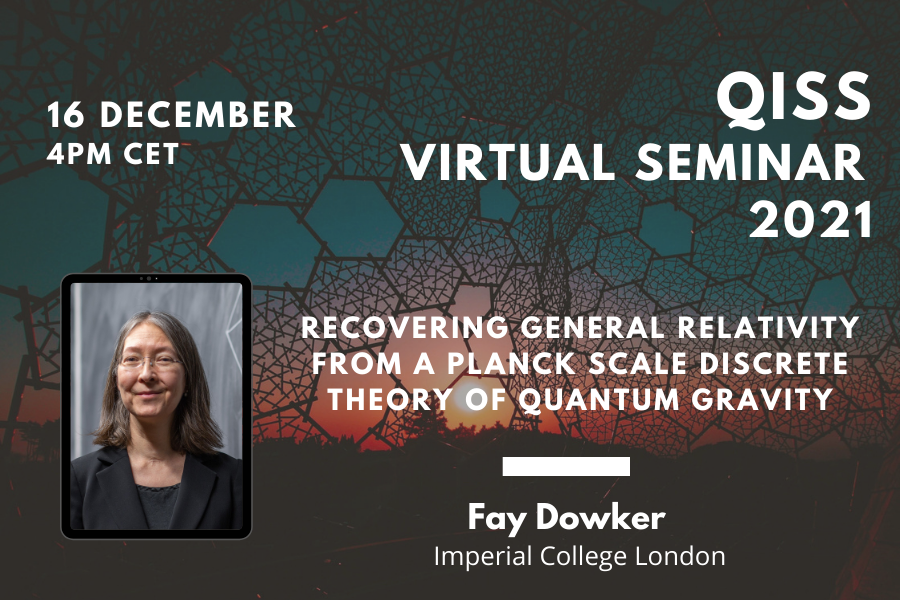Abstract:
The formalism of quantum theory over discrete systems is extended in two significant ways. First, tensors and traceouts are generalized, so that systems can be partitioned according to almost arbitrary logical predicates. Second, quantum evolutions are generalized to act over network configurations, in such a way that nodes be allowed to merge, split and reconnect coherently in a superposition. The hereby presented mathematical framework is anchored on solid grounds through numerous lemmas. Indeed, one might have feared that the familiar interrelations between the notions of unitarity, complete positivity, trace-preservation, non-signalling causality, locality and localizability that are standard in quantum theory be jeopardized as the partitioning of systems becomes both logical and dynamical. Such interrelations in fact carry through.
(Joint work with Amélia Durbec and Matt Wilson, reference: https://arxiv.org/abs/2110.10587


